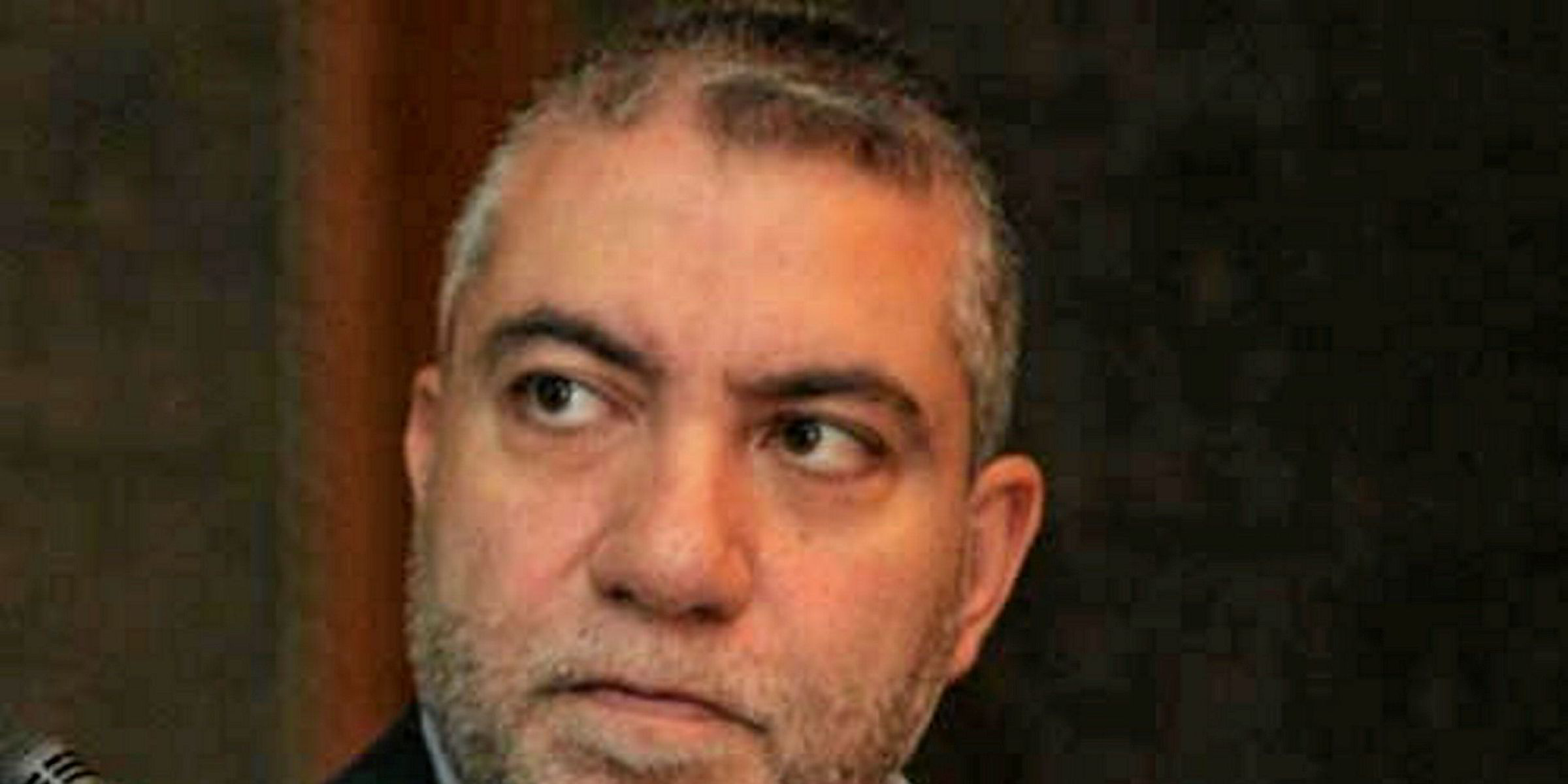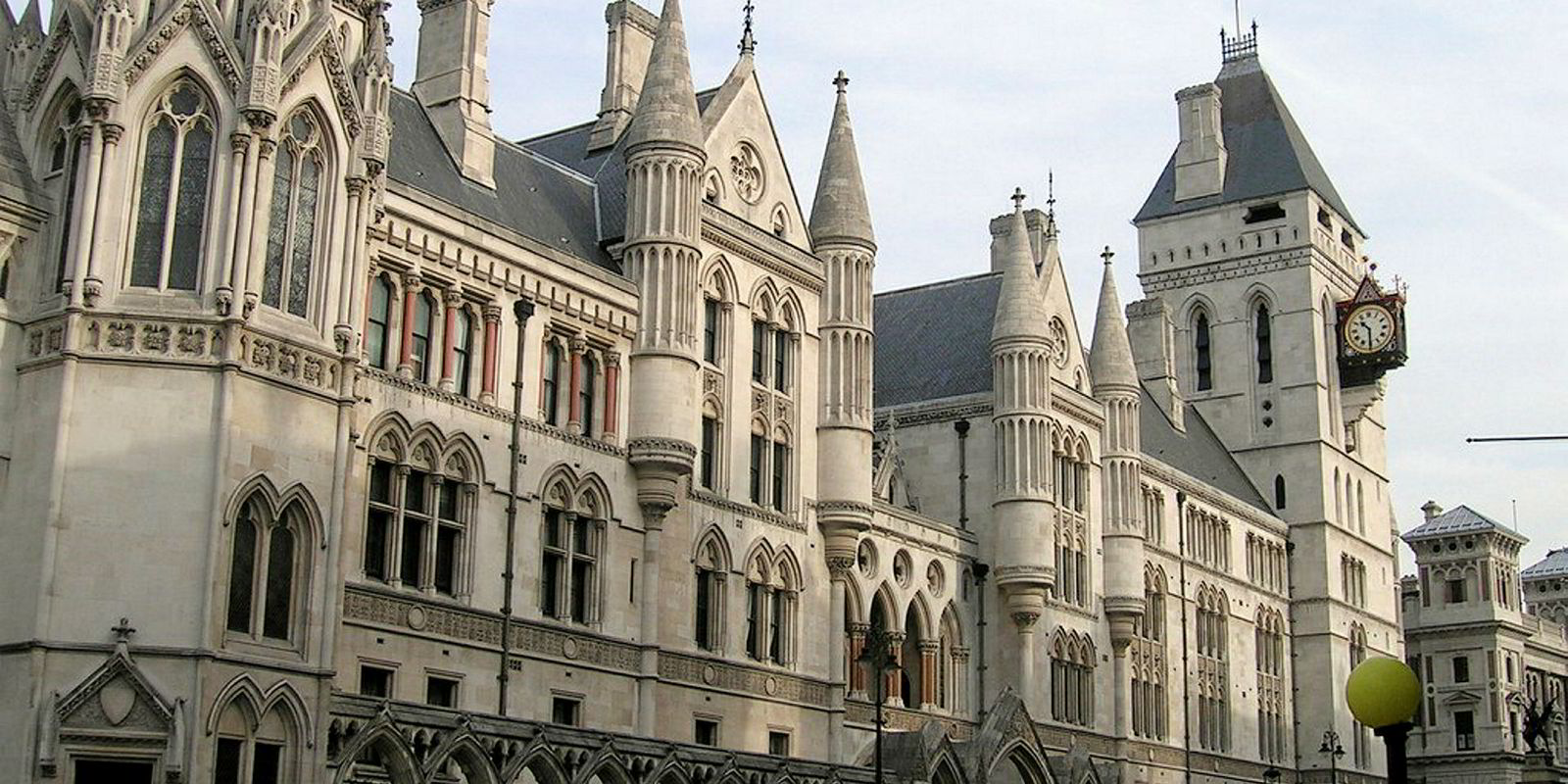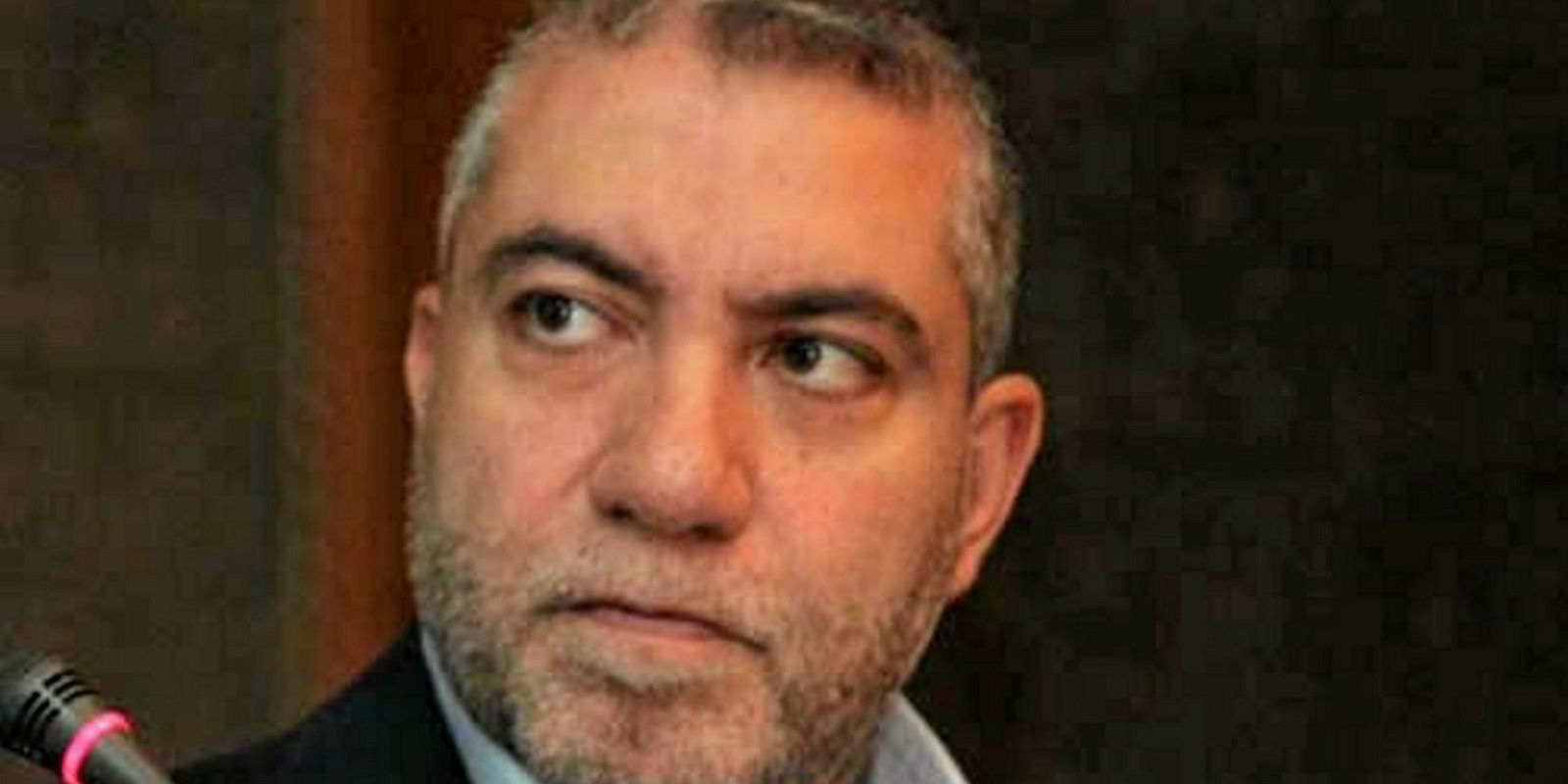The UK commercial court has ruled that Glencore should release funds to Turkey's Geden Lines in the latest twist in a long-running legal dispute over a tanker arrested in Venezuela.
The case revolves around the 104,000-dwt CV Stealth (built 2005), which Geden affiliate Space Shipping hired out to Glencore's ST Shipping for an eight-month term from April 2014.
ST Shipping hired out the ship to another firm for a voyage charter to Venezuela that September. But Venezuelan authorities seized the ship due to charges that its crude oil cargo was stolen.
A Venezuelan man was later arrested for forging a document from PDVSA and the vessel remains there to this day.
The tanker is ultimately owned by Psara Energy, which has previously been linked to the Vafias family-backed manager Stealth Maritime. It was chartered to Space for five years in 2010.
Ship refused permission to sail
CV Stealth was released from detention in October last year, but has not yet been given permission to sail by the harbour master, Justice Sir Nigel Teare said in his judgement.
Glencore has since served a stakeholder claim on Psara Energy and Space.
The tanker was redelivered to Space in 2015, but the bareboat charter from Psara remains in force, with Space liable to pay hire whilst being unable to trade the vessel.
Psara is claiming unpaid hire from Space, and Space is claiming money from the charterers.
Meanwhile, Psara has obtained four arbitration awards against Space, the first for $5.2m.
Space itself has seven arbitration awards against the charterers.
The first award held that the time charter had not been frustrated and that the charterers were liable to Space for $4.3m in respect of Space's liability to Psara, and another $3.5m for operating expenses.
Appeal refused
Permission to appeal this was refused in November last year.
Further awards against Glencore to Space were made in the sums of $4.6m, $774,000 and $5.1m.
This all adds up to $18.3m, but it is not clear what money is in the stakeholder account which Teare ordered should be emptied to pay Space.
Teare said that "in recognition of the cashflow difficulties faced" by Space, it and Psara had entered into a settlement agreement in 2016 under which the first $4m paid by the charterers was to be retained by Space, the next $1.79m - reflecting 181 days' hire under the bareboat charter - was to be assigned to Psara, and any further sums were to be paid to Space.
The Glencore stakeholder claim was complicated by Psara obtaining from the US District Court of Connecticut a Rule B attachment order which attached Glencore's debts.
This order was in support of claims by Psara against Space totalling $19.6m.
The greater part of that claim, $15m, relates to an alleged breach of Space's maintenance obligations under the bareboat charter.
Teare said: "But...it is not clear that there has been a breach and in any event any damages suffered would not crystallise unless and until the vessel was redelivered in an unrepaired condition."
Rule B order bites the dust
The Rule B order was vacated following an application by Glencore in November, as the court was unable to exercise personal jurisdiction over the trading giant.
Psara's appeal was refused.
"The charterers continue to fear that if they were to pay the sums due to the disponent owners [Space] under the arbitration awards they might be exposed to having to pay them again to the head owners [Psara]," Teare added.
Psara wants a trial on the issue of whether it has a proprietary claim on the debt owed by the charterers to Space.
Teare ruled: "There is only one person with an existing enforceable claim to the debt owed by the charterers to the disponent owners [Space] and that is the disponent owners.
"I do not consider that, if the court orders that the sum in the stakeholder account is paid out to the disponent owners, there is a risk that the charterers may be ordered at a later date to pay the head owners the same sum."
In the event that the court ordered that the sum be paid out to Space, Psara would be barred from contesting this, he added.
"The losing party is no longer free to advance a claim against the stakeholder. It would be unconscionable for the losing party to do so."
Teare said the absence of a Rule B order in the US means the court of appeals there has in effect said that matters may take their course.
"I have therefore reached the conclusion that the sum in the stakeholder account should be paid out to the disponent owners."






